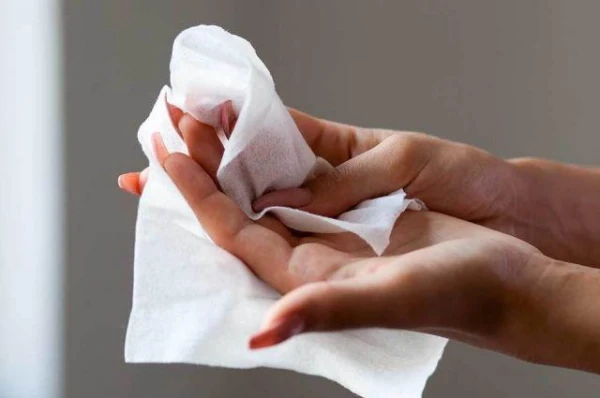
It would be more accurate to say: the lower the caloric intake, the higher the likelihood of longevity, explained endocrinologist Larisa MARCHENKOVA.
- Scientific studies have confirmed that life expectancy is inversely proportional to the amount of calories consumed. In the United States, the average caloric intake is 3700 kilocalories per day. In Japan, this figure is 27% lower, and life expectancy exceeds by 4-5 years.
How can one reduce caloric intake? It is necessary to limit the consumption of simple carbohydrates — sugar, products made from white flour, sweets, and pastries. It is also advisable to reduce the amount of animal fats — exclude sour cream, mayonnaise, sausages, and hot dogs.
It is important to include low-fat dairy products in the diet, which are a source of calcium for bone health. It is recommended to add more local seasonal vegetables and fruits, as well as fish.
What else can contribute to longevity?
Recommendations that promote youthfulness include regular medical check-ups, the ability to cope with stress, physical activity, active work, including intellectual activities, daytime walks (for vitamin D production), quality sleep, and a diverse social life. These tips may seem simple, and many consider them ineffective, but this is not the case.
It is extremely important to pay attention to sleep, aiming for 9-10 hours, especially at night. Currently, the problem of light desynchronosis — the disruption of the light-dark ratio — is becoming increasingly relevant. It has been proven that light desynchronosis causes chronic stress, hinders melatonin (sleep hormone) production, and can provoke age-related diseases, including cancer. How can one reduce the risk? Before bedtime, it is advisable to tightly curtain the windows and turn off the backlighting of devices, as well as monitor screens.











